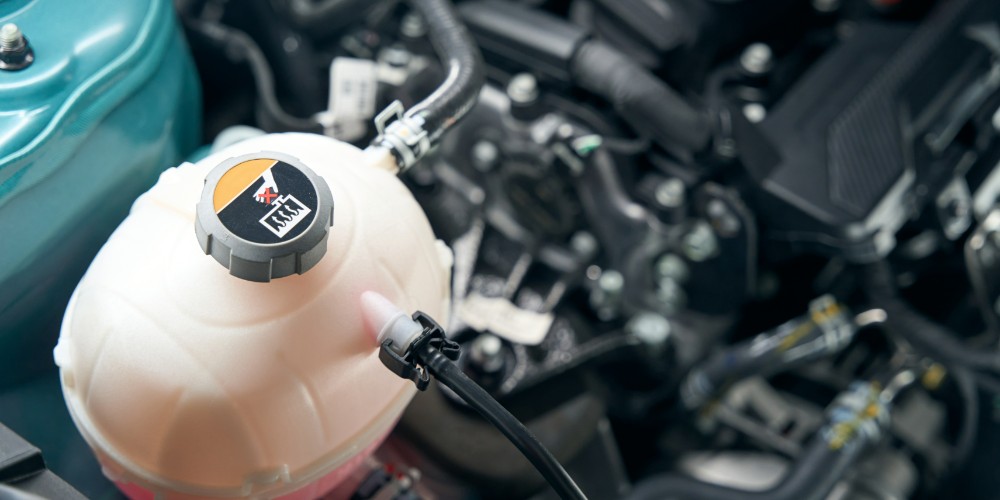If you’ve secured car finance and have bad credit, it’s paramount that you understand the implications of failing to keep up with repayments. In the UK, if you don’t make the required payments, several outcomes may transpire, potentially impacting both your financial and personal life.
1. Increased interest and charges
First and foremost, missing a payment might lead to additional charges and increased interest on the outstanding amount. This means your debt could grow larger, making it more challenging to pay off in the future. These added fees and interest could quickly accumulate, especially if you continue to miss subsequent payments.
💡 More information: Can bad credit car finance lead to higher interest rates?
2. Credit score impact
Every missed payment is typically recorded on your credit file. Given that you already have bad credit, further negative marks can make it exceedingly difficult to secure credit in the future, whether it’s a mortgage, credit card, or another type of loan. A deteriorated credit history can also affect other aspects of your life, such as your ability to rent a property or even some employment opportunities.
3. Communication from lender
After missing a payment, you’ll likely receive communication from your lender, reminding you of the missed payment and informing you of any additional charges incurred. It’s advisable to engage with your lender as soon as possible, explaining your situation and discussing potential solutions.
4. Default notice
If you continue to miss payments, your lender might issue a default notice. This is a formal statement indicating that you’ve breached the terms of your credit agreement. It will give you a specified period (usually 14 days) to pay off the arrears. If you don’t, the account is “defaulted”, which remains on your credit file for six years, further harming your credit rating.
5. Vehicle repossession
One of the most significant risks of failing to meet car finance repayments is the potential for vehicle repossession. If you’ve taken out a Hire Purchase (HP) or Personal Contract Purchase (PCP) agreement, the car isn’t technically yours until the final payment is made. Consequently, if you default on your payments, the lender has the right to repossess the vehicle. It’s worth noting that lenders usually view repossession as a last resort, and they would typically prefer to work out a repayment plan with you.
6. Legal action and county court judgements (CCJS)
In more severe cases where the debt isn’t resolved, lenders may pursue legal action, leading to a County Court Judgement (CCJ) against you. A CCJ can have severe implications for your credit history and ability to borrow in the future.
💡 More information: How long does a CCJ last?
If you find yourself struggling to make repayments, the most crucial action is to communicate with your lender immediately. They might offer solutions such as payment holidays, reduced monthly payments, or extended terms. Additionally, consider seeking independent financial advice or contacting organisations like StepChange or Citizens Advice Bureau, who can provide guidance on managing debt.





